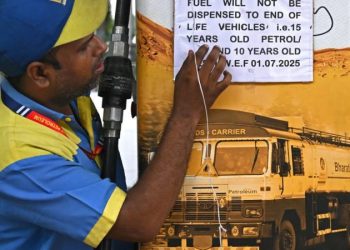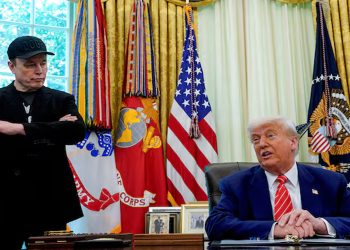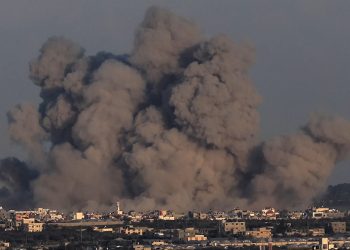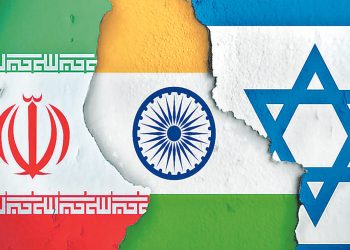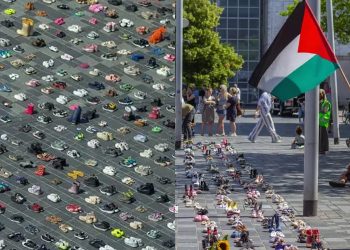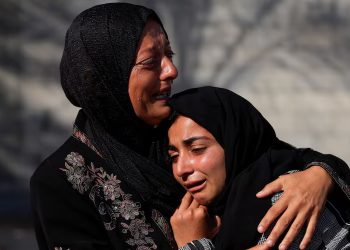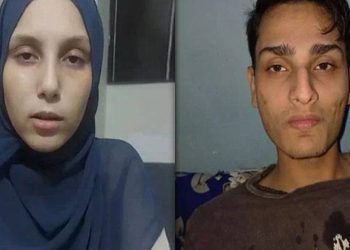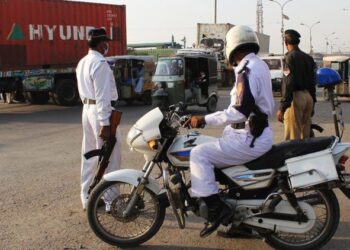COLOMBO: An International Monetary Fund (IMF) delegation will visit Sri Lanka on June 20 for talks as the country looks for a loan programme from the lender to deal with its worst economic crisis in seven decades, the prime minister’s office said on Friday.
Prime Minister Ranil Wickremesinghe “was hopeful that a staff-level agreement would be reached by the end of the month,” his office said in a statement.
The island nation is grappling with shortages of essentials, including fuel, cooking gas and medicines, after it ran out of foreign currency for even basic imports.
The United Nations on Thursday launched an appeal for $47.2 million in emergency aid to Sri Lanka to help 1.7 million people worst-hit by the economic crisis.
Covering the period from June to September this year, the UN said the amount aims to address the most urgent needs with a particular focus on healthcare and essential medicines, food and agriculture, including targeted nutrition services, safe drinking water; emergency livelihoods; and protection.
Development and humanitarian partners in Sri Lanka estimate that nearly 5.7 million citizens require immediate humanitarian assistance, in 25 districts across the country.
The 1.7 million people targeted under the joint Humanitarian Needs and Priorities (HNP) Plan are among those whose livelihoods, food security and access to health services are most at risk.
UN Resident Coordinator in Sri Lanka, Hanaa Singer-Hamdy, stressed the urgent need to prevent a humanitarian crisis later in the year, while bridging efforts towards more long-term development needs.
Sri Lanka’s once-strong healthcare system is now in jeopardy, livelihoods are suffering and the most vulnerable are facing the greatest impact.
READ MORE: Sri Lanka seeks $6 billion from IMF
Sri Lanka is facing its worst economic crisis since independence in 1948. Persistent fiscal deficits, a significant 2019 tax cut package, and the ravages of the coronavirus pandemic have made public debt burden unsustainable, while the collapse of tourism led foreign exchange receipts to plummet.
This, combined with food and energy price shocks earlier this year – exacerbated by the Ukraine war – has led to a debt and balance-of-payments crisis, according to the UN humanitarian office, OCHA.
Last month, food inflation stood at 57.4 percent, while shortages of other key items, including fuel for cooking, transport, and industry, remain widespread.
In March, the government had to declare daily electricity cuts due to the unavailability of imported fuel, and surveys show that about 11 percent of households reported earning no income at all, while 62 percent said that it had been reduced, slashing the money available for food.
At the same time, the currency has depreciated by 80 percent currency depreciation since March, which foreign reserves continued to fall, further damaging the economy. “Now is the time for the international community to show solidarity with the people of Sri Lanka,” said the Resident Coordinator.
The economic crisis has taken a severe toll on food security, agriculture, work, and access to vital health services. Food production in the last harvest season was 40 to 50 percent lower than last year, and current seed and fertilizer shortages, as well as lack of credit for food producers threaten the next production cycle.
Prices have jumped significantly since the end of 2021, forcing families to resort to skipping meals, eating less expensive foods, or limiting portion sizes. Nearly 22 percent of the population needs food assistance.
Multiple factors are impacting Sri Lanka’s food security situation, if we don’t act now, many families will be unable to meet their basic food needs, said Singer-Hamdy.
Hundreds of essential medicines are out of stock, as are over 2,700 surgical items, and some 250 different essential laboratory items. Meanwhile, power cuts and a lack of generator fuel have forced many hospitals to postpone routine and non-urgent surgeries.
The UN and humanitarian partners called on donors, the private sector and individuals to urgently support this plan to provide life-saving assistance to the women, men, and children most affected by the crisis and thus prevent deterioration of humanitarian needs.









